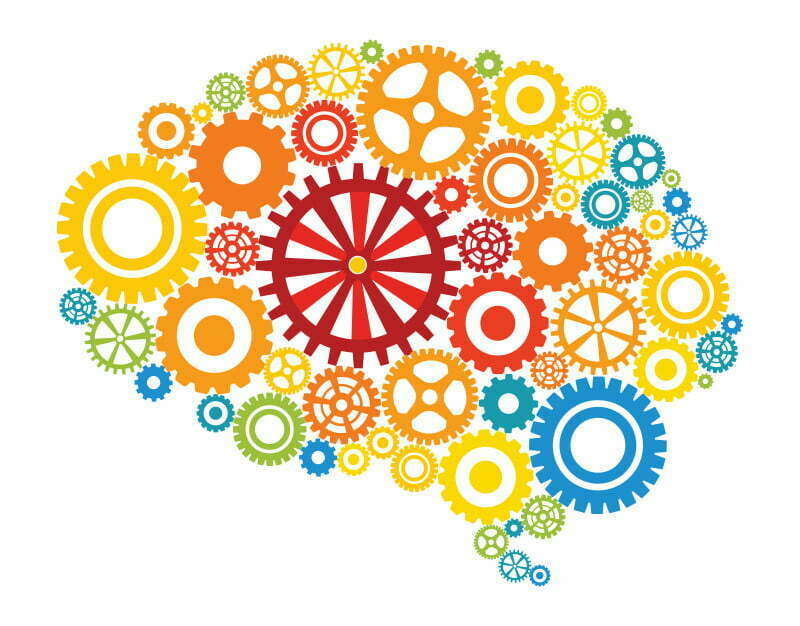A new study has uncovered a molecular mechanism in the prion protein, a protein responsible for neurodegenerative diseases, which may explain why nerve cells degenerate in these disorders. The findings appear in the journal eLife.
The prion protein plays a crucial role in fatal neurodegenerative disorders like Creutzfeldt-Jakob disease in humans and „mad cow disease” in cattle. Prion diseases are part of a larger group of human neurodegenerative disorders, including Alzheimer’s, Parkinson’s and Huntington’s diseases, which are all due to the abnormal accumulation of protein aggregates in the brain.
Using a multi-disciplinary approach involving electrophysiological, cellular and biophysical techniques, the researchers found that parts of the prion protein produced abnormal electrical currents in cells. Antibodies that interfered with functioning did the same. Importantly, the antibody treatment also caused severe degeneration of nerve cell dendrites, the regions that are essential for normal communication between nerve cells. The researchers applied a sophisticated chemical technique to demonstrate that the two ends of the prion protein interact with each to alter the amount of toxic signal that is delivered.
As a result of their findings, the researchers caution against administering antibodies against the prion protein as a possible therapy for both prion and Alzheimer’s diseases.
Paper: “The N-terminus of the prion protein is a toxic effector regulated by the C-terminus”
Reprinted from materials provided by Boston University Medical Center.

